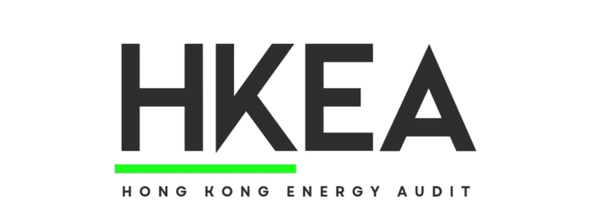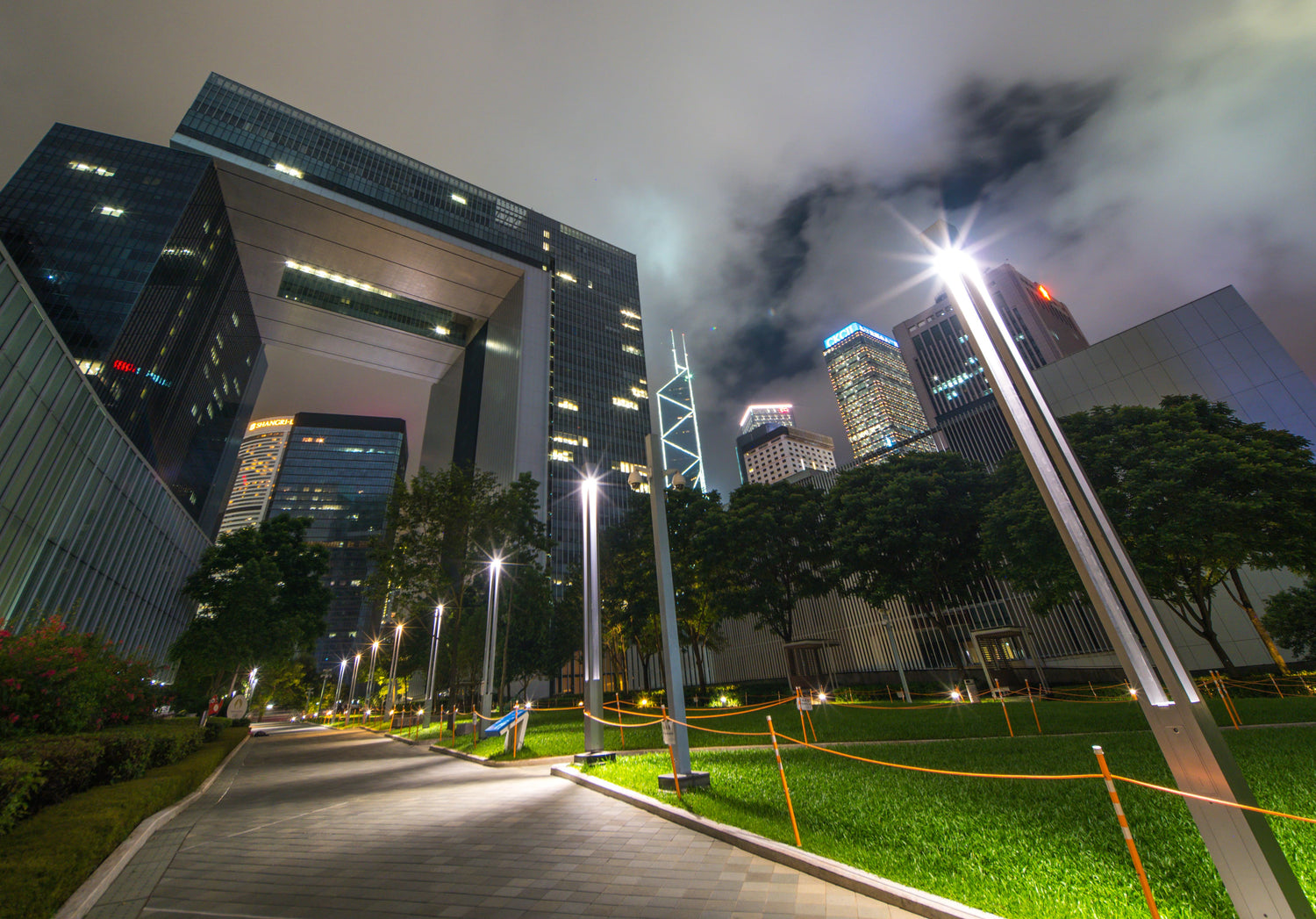
【Five key points of the Buildings Energy Efficiency Amendment Bill】
Share
The " Buildings Energy Efficiency Amendment Bill " was moved for the second reading at the Legislative Council meeting on March 26, 2025, focusing on five major reform priorities for energy audits. As a high-density city, Hong Kong's building energy consumption accounts for 90% of Hong Kong's electricity consumption, and related carbon emissions exceed 50% of the total. Since the implementation of the "Buildings Energy Efficiency Ordinance" (Cap. 610) in 2012, although 2,300 new buildings and 15,000 major renovation projects have been promoted to meet energy efficiency standards, and energy audits of 2,700 buildings have been completed, in the face of the global net zero trend and the growth of local electricity demand, the existing framework urgently needs to be upgraded. The Secretary for the Environment and Ecology, Tse Chin-wan, proposed the "Buildings Energy Efficiency (Amendment) Bill 2025", focusing on five major priorities and directions for the reform of the energy audit system

Five key revisions to energy audits
1. Comprehensive management of data centers: filling the regulatory gap in high-energy-consuming industries
Energy audit regulatory scope expanded
- Newly added objects: stand-alone data centers and data centers converted from industrial buildings.
- Regulatory types: The number of building categories has increased from 13 to 15, covering both new construction and major renovation projects.
Policy necessity
- Current energy consumption: A single large data center can consume up to 100 million kWh of electricity per year, equivalent to the electricity consumption of 30,000 households.
- Industry expansion: The government is promoting "smart cities" and digital transformation, and the number of data centers is expected to double by 2030.
Expected Benefits
- Forcing data centers to adopt high-efficiency cooling systems (such as liquid cooling technology) and renewable energy integration designs is estimated to reduce unit server energy consumption by 30%.
2. Expand the categories of mandatory energy audit buildings: from commercial to public service sectors
Applicable object upgrade
- New categories added: Government offices, Educational institutions, Community centres, Municipal facilities, Medical and healthcare buildings.
- Audit scope: The mandatory audit building types have been expanded from 2 to 11, covering core public service areas.
Empirical basis
- Data from the Electrical and Mechanical Services Department showed that the average Energy Usage Index (EUI) of buildings that completed the second audit dropped by 20%, reflecting that the audit has a significant driving force for energy conservation.
Energy audit exemption mechanism
- Flexibility for small and medium-sized buildings: Buildings other than data centers with a total floor area of ≤7,000 square meters (approximately 75,000 square feet) are exempted from regular audits to reduce administrative burden.
3. Shorten the energy audit cycle: accelerate technology iteration and energy-saving practice
Cycle Adjustment
- It will be shortened from the current 10 years to 5 years, bringing it in line with major Asian cities such as mainland China, Singapore and Tokyo.
Technology drivers
- Equipment update speed*: Energy-saving technologies such as air conditioning and lighting are updated every five years on average (for example, LED lighting efficiency increases by 50% per generation).
- Digital monitoring matures*: The popularity of IoT energy management systems has significantly reduced the cost of frequent data collection and analysis.
Execution Package
- The EMSD will launch a "Fast Review Guide" to simplify the process for small-scale renewal projects and avoid duplicate reviews.
4. Public Content
- Energy efficiency coefficient (COP, EER) of major building equipment (e.g. chillers, water pumps).
- Assessment of energy saving potential of each system (e.g. expected electricity saving rate of lighting renovation).
Sensitive information (such as specific energy consumption data) is still protected by the Personal Data (Privacy) Ordinance, and only aggregate analysis results are made public.
5. Expanding the qualifications for registered energy efficiency assessors: alleviating the shortage of professional manpower
According to data as of March 2025, there are less than 1,500 people in Hong Kong who hold the Registered Energy Assessor (REA) qualification, not counting those who have left Hong Kong or retired. The demand for the revised energy audit will be in short supply.
New energy audit accredited groups
- Engineers in the energy sector (e.g. members of the Energy Division of the Hong Kong Institution of Engineers).
- Professional member of the Hong Kong Institute of Qualified Environmental Professionals (HKIQEP).
Quality control mechanism
- A new "Continuing Professional Development (CPD)" requirement has been added, requiring energy audit accredited groups to complete at least 20 hours of energy-saving technical training each year.
Energy audit and legislation amendment benefit assessment: environmental, economic and social transformation
1. Quantified targets for electricity saving and carbon reduction
Expected results by 2035:
It saves 500 million kWh of electricity annually, equivalent to reducing carbon emissions by 280,000 tons (based on the Hong Kong power grid emission factor of 0.56 kgCO2/kWh), and can supply annual electricity for 150,000 three-person households.
Cost-effectiveness ratio:
The government estimates that the cost savings per kilowatt-hour are approximately HK$0.3, which is HK$1.5 lower than the average electricity price, and the owner's investment payback period is approximately 3-5 years.
2. Green economy promotion effect
Industry chain opportunities:
The energy audit service market size is expected to increase from the current HK$200 million to HK$600 million, driving demand for testing equipment and data analysis software.
Job Creation:
1,000 new green jobs were created, including assessment specialists, energy-saving engineers and carbon management consultants.
3. Social equity design
SME Buffer:
The 7,000 square meter exemption threshold covers 90% of small and medium-sized properties, avoiding the passing of compliance costs to renters.
Public Building Demonstration:
The government takes the lead in upgrading the energy efficiency of hospitals and schools and strengthening the public's awareness of energy conservation.
Energy Audit Amendment Implementation Phase and Support
Two-stage implementation schedule
- Phase 1 (3 months after promulgation of the Ordinance): Update the certification standards for "Registered Energy Efficiency Assessors" and open registration to new groups.
- Phase 2 (15 months after gazettement): Full implementation of provisions such as expanding the review scope, shortening the review period, and public disclosure, with the goal of completion before the end of 2026.
Cross-departmental collaboration framework
- Electrical and Mechanical Services Department: Mainly responsible for the formulation of audit standards and supervision of assessors.
- Environmental Protection Department: Integrate building carbon footprint data into the "Hong Kong Climate Action Blueprint 2.0" tracking platform.
- Development Bureau: Coordinate new building energy efficiency design specifications with urban planning.
Support measures for the industry
- Subsidy program: Small and medium-sized data centers can apply for the "Green and Circular Economy Fund" to subsidize 50% of the audit costs.
- Technical toolkit: The EMSD will publish a Best Practice Guide on Building Energy Efficiency, providing templates for energy-saving technology selection and financial models.
If the Bill is successfully passed, it will not only be a milestone for Hong Kong to move towards "carbon neutrality", but will also provide a model template for building energy conservation management for high-density cities around the world. As a service provider for energy audits in Hong Kong, HKEA will continue to update the latest news about energy audits. If you or your company's building requires energy audit services or inquiries, please feel free to contact customer service and our registered energy efficiency partner team at any time. We are happy to provide you with assistance and suggestions.




